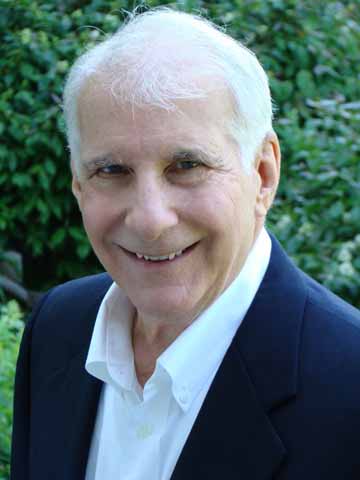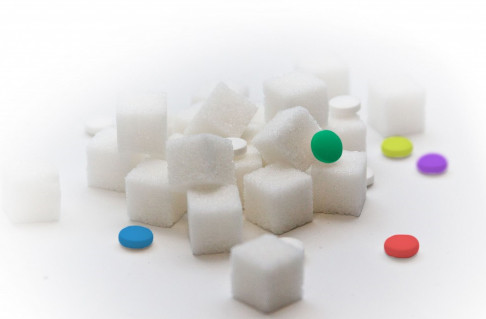
Dr. Peter Breggin, psychiatrist—”Join the Empathic Transformation”
As the recent New York Times story confirms, most psychiatrists don’t even do psychotherapy anymore; they simply diagnose and drug. As I first described in Toxic Psychiatry, medically-oriented mental health professionals have become remote from their patients whom they now seek to manipulate chemically rather than to know personally.
In the field we call mental health, the rampant diagnosing, drugging, and incarcerating of those we seek to help must be replaced by practices that encourage responsibility and freedom rather than compliance and docility. By working directly in the field of ethical human services and sciences, we can become a leading part in the grassroots movement we call the Empathic Transformation.
All over the world, those of us who practice the healing arts–physical, psychological and spiritual–are seeing the need to join together to further humanity’s empathic transformation–to transform the old ways into something better and even grander, into practices embedded in and imbued with empathy.
The world is changing and we need to lead the movement in our fields toward a view of human beings that never demeans and always empowers, that never forces but always encourages, and that recognizes that human beings are not ultimately driven by their instincts and their biochemical but by their ideals and principles.



